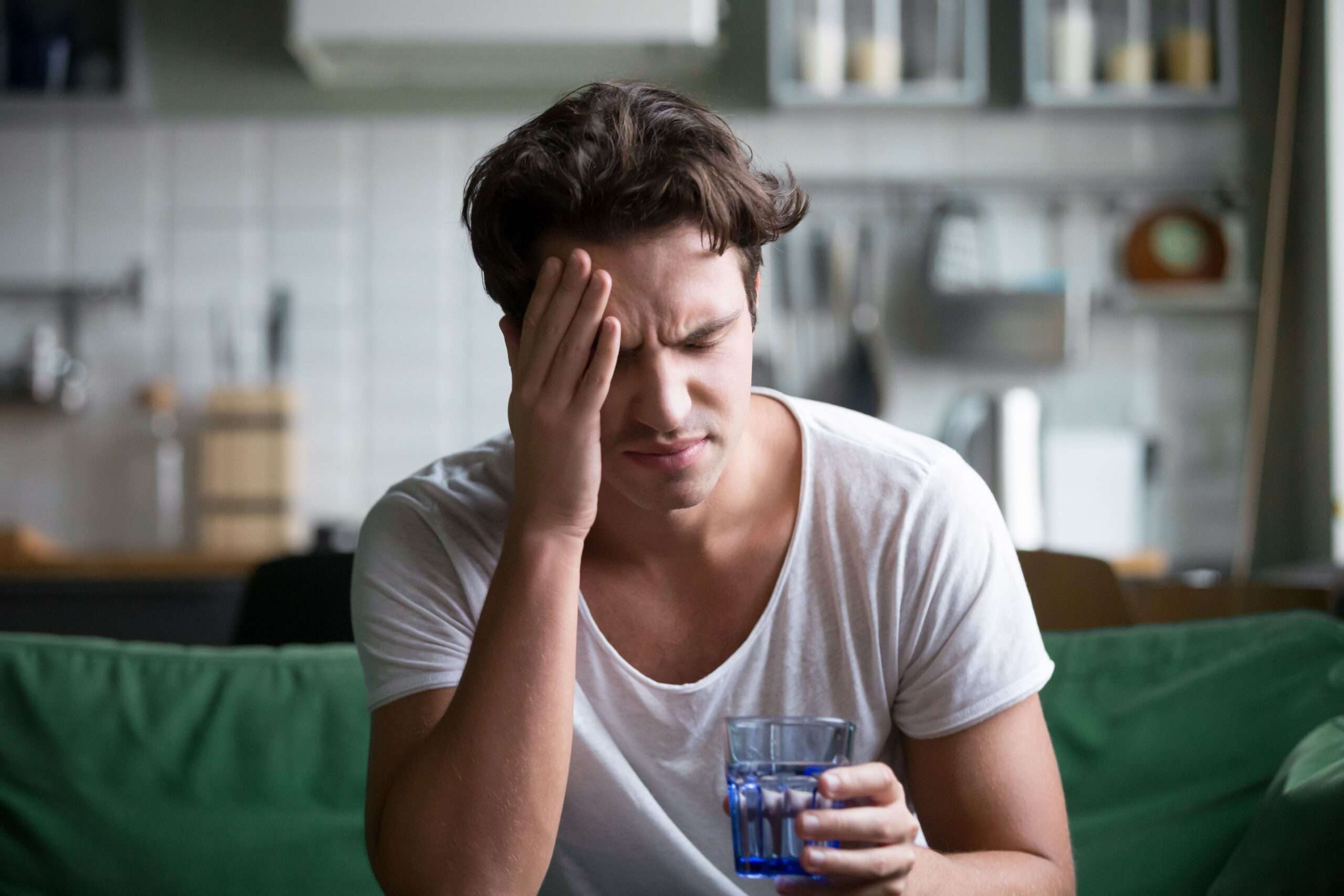When someone decides to stop abusing alcohol, they often worry about how difficult the process is and how long it takes. One of the first questions they wonder is “How long does alcohol withdrawal last?” Trying to quit drinking alone leaves almost everyone unprepared to deal with withdrawal symptoms, which means they go back to drinking.
Tampa Bay Recovery provides effective medical and psychological support that helps minimize many withdrawal symptoms. This can decrease the amount of time spent experiencing withdrawal and helps people succeed at becoming sober.
What Is Alcohol Withdrawal?
When someone who has become addicted to alcohol stops drinking, they go through withdrawal. A series of withdrawal symptoms will occur, including ones that are both physically and emotionally uncomfortable. The reason a person endures withdrawal symptoms is because of the effect alcohol abuse has on their bodies. Excessive alcohol consumption affects the central nervous system. People naturally produce feel-good hormones such as endorphins. Repeated alcohol use disrupts the body’s ability to do this, creating a reliance on drinking to feel good. When the person stops drinking, they can crash emotionally.
In addition, they begin to experience physical abnormalities that can range from mildly uncomfortable to potentially dangerous or even deadly. For these reasons, it’s imperative that a person uses a formal detox program where they can be monitored for their own safety. Prescription medications and psychological support are provided to help people deal with withdrawal symptoms and so that they do not suffer needlessly.
How Long Does Alcohol Withdrawal Last?
How long does alcohol withdrawal last? Symptoms can vary depending on a few factors such as how long the person has had their addiction and how much they typically drink. Their current physical and mental health factor in, too. There is a general timeline for how long withdrawal symptoms last:
Day 1-2: Symptoms may start within just a few hours after the person last drank alcohol. Common first symptoms include headaches, nausea, shakiness, and feelings of anxiety.
Day 3-5: This is the peak period of withdrawal during which symptoms are at their highest point. The initial ones continue and are often accompanied by vomiting, sweating, insomnia, and nightmares. Some people develop delirium tremens, which requires immediate medical attention due to its dangerous nature.
Day 6-10: Most symptoms begin to subside or stop happening during this phase. The ones most likely to continue are psychological in nature and include anxiety, depression, and mood swings.
Most people find the majority of their withdrawal symptoms disappear after about two weeks. Therapy sessions and medications can be used during the entire withdrawal period in order to minimize the impact of the symptoms.
Signs You Are An Alcoholic
Someone who has become an alcoholic will exhibit signs that a problem has developed. They may recognize many of them, as will those who spend a lot of time around them. Common signs of having an addiction to alcohol include:
- Needing to drink daily or almost every day
- Trying to maintain a consistent buzz or feeling of inebriation most of the time
- Frequent hangovers
- Spending excessive amounts of money on alcohol
- Gaining or losing weight due to alcohol consumption and poor nutrition
- Using alcohol to deal with feelings of depression, anxiety, anger, or moodiness
- Feeling agitated or prone to violence when drinking
- Isolating
- Trying to quit drinking but being unable to do so
- Withdrawal symptoms when not drinking
- A family history of alcoholism
How Is Alcohol Addiction Treated?
Alcohol addiction begins with going to a detox program. This first step usually lasts five to seven days and helps people clear their bodies of toxins built up during alcohol addiction. Withdrawal symptoms begin during this time. The answer to how long does alcohol withdrawal last depends on many factors but it definitely can extend past the initial detox phase. Fortunately, withdrawal symptoms can be treated during all levels of alcohol addiction treatment.
Some people attend residential treatment while others can live in their homes and attend therapy sessions during the day. This type of care is called outpatient and has three different levels. The least restrictive is outpatient programs (OP). The middle level is intensive outpatient programs (IOP) and, for those who qualify, can be attended through virtual sessions. The level requiring the most time is called partial hospitalization programs (PHP).
Treatment for alcohol addiction centers around being exposed to multiple types of therapy that help people with substance use disorders. Common effective types of therapy include:
- Individual therapy
- Group therapy
- Family therapy
- EMDR therapy
- Red Light therapy
- Holistic therapy
- Trauma therapy
- Brainspotting
- Medication-Assisted treatment
Each person who receives treatment for alcoholism will receive an initial assessment of their current physical and mental health. This allows their treatment team to understand their specific needs. From there, a schedule of therapy sessions will be created in order to maximize the person’s ability to embrace sobriety for life.
Begin Treatment for Alcohol Addiction in Tampa, FL
Are you worried about how much alcohol you drink but don’t feel able to stop on your own? You’re not alone. In order to become sober for good, you need to attend an effective, professional alcohol rehab. Tampa Bay Recovery provides treatment for alcohol addiction that covers detox and several levels of outpatient treatment. With our help, you can stop craving alcohol and repair your life so that sobriety becomes your new normal. For more information about overcoming alcohol addiction, visit our admissions page now. Good health and a clear mind are one phone call away.







